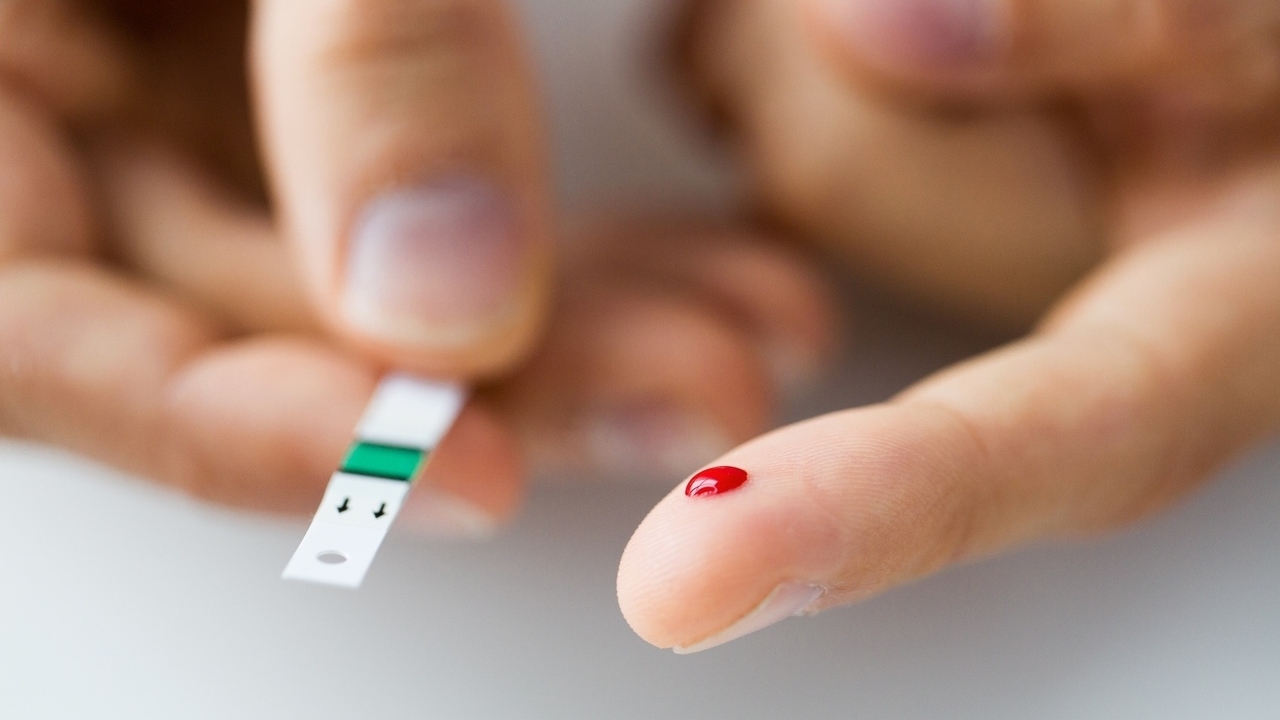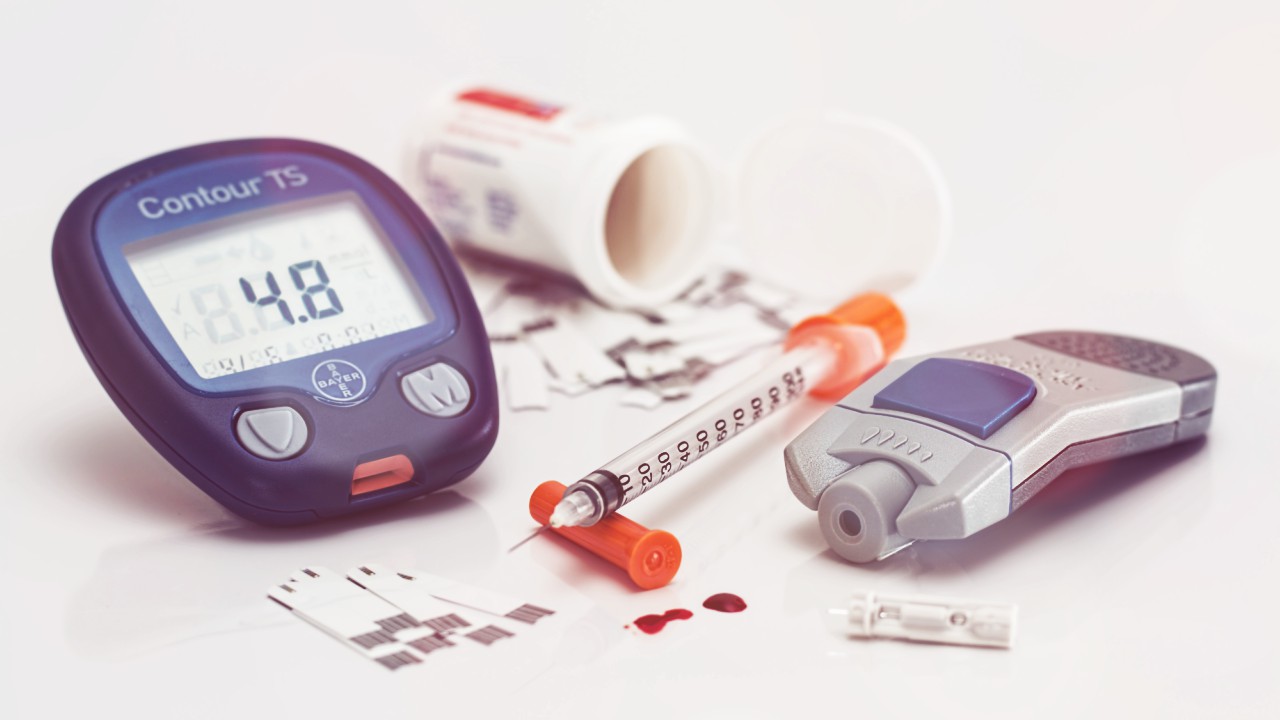 iStockphoto/Thinkstock
iStockphoto/Thinkstock
If you live with diabetes, are you happy with your weight? As women, I hope that more and more of us can be happy with our body image, not only in a dress size, but from a health perspective.
I work with many clients that desire weight loss. Living with diabetes makes this difficult at times.
Discuss your optimal weight with your doctor and create a plan to achieve this.
If you are a woman living with type 1 diabetes, many factors contribute to your body weight. The amount of insulin you inject can increase or decrease body weight.
Of course diet and exercise are important components. The amount of fat and carbohydrates you ingest can greatly impact your body weight and health.
Personally, I have found it makes a difference when I maintain a diet where I eat carbohydrates only at particular times of the day. It might not work for all, but at this point in my life it has helped me.
Weight gain is a potential side effect of intensive insulin therapy in type 1 diabetes. To avoid weight gain, the following tips are recommended by uptodate.com.
• Measure your weight on a regular basis (eg, once weekly). Weight gains of more than 2 to 3 pounds indicate a need to decrease what you eat or increase your activity. Do not wait until weight increases by 10 or more pounds to take action.
• As blood sugar control improves, it may be necessary to decrease your calorie intake by 250 to 300 calories to avoid weight gain.
• If blood sugar levels are frequently low at a particular time of day, talk to a health care provider about decreasing the insulin dose rather than adding a snack.
If you live with Type 2 diabetes, weight can be a concern as well. Usually dietary changes are recommended, even if you are not overweight.
Sharon Movsas, RD, a diabetes nutrition specialist at the Clinical Diabetes Center at Montefiore Medical Center in New York City was quoted in Health.com stating, “Losing just 5% to 7% of your weight is associated with lower blood pressure, lower cholesterol, lower blood sugar, and reduced insulin resistance.”
Also according to health.com, certain diabetes drugs, such as sulfonylureas, thiazolidinediones, meglitinides, and insulin, are associated with weight gain, too.
However, the blood sugar-lowering benefits of these drugs outweigh the risks of gaining weight. (Others, such as Byetta and metformin, may result in weight loss).
As usually recommended, it is beneficial to be at our best weight for a healthy lifestyle. The following are recommended.
• Get regular and moderate exercise.
• Maintain a diet lower in fat and eat more complex carbohydrates instead of simple carbohydrates, a diet high in fiber, plenty of water and plenty of rest.
In an effort to incorporate some of these into your lifestyle, your overall weight and therefore health can greatly improve.
As women, we manage a great many things. A healthy diabetic lifestyle is imperative.
If that is consistent, a healthy weight can be achieved with some patience and hard work.
By Marianne Tetlow “The Diabetes Coach”
The Diabetes Coach is a comprehensive resource and consulting group for individuals or families with a loved one dealing with diabetes. “Helping You To Move Forward While Managing the Ups and Downs”
www.diabeteslifestylecoach.com/
Sources:
Patient information: Type 1 diabetes mellitus and diet (Beyond the Basics). Web uptodate.com. June 18, 2012
http://www.uptodate.com/contents/type-1-diabetes-mellitus-and-diet-beyond-the-basics
Why It Pays to Lose Weight If You Have Type 2 Diabetes. Web. Health.com. June 18, 2012
http://www.health.com/health/condition-article/0,,20188784,00.html
Reviewed June 19, 2012
by Michele Blacksberg RN
Edited by Jody Smith





Add a CommentComments
There are no comments yet. Be the first one and get the conversation started!